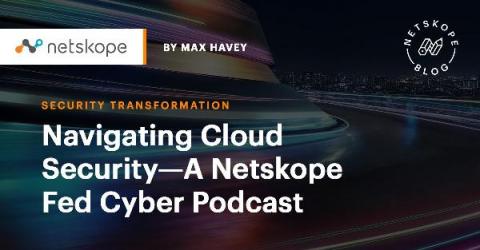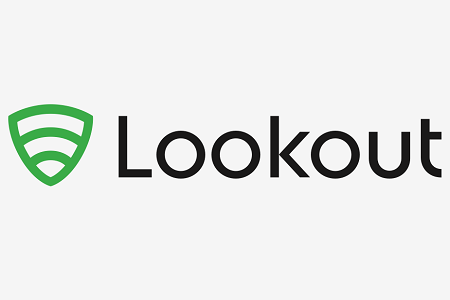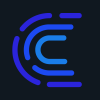Security | Threat Detection | Cyberattacks | DevSecOps | Compliance
%term
What Is Threat Intelligence?
Navigating Cloud Security - A Netskope Fed Cyber Podcast
During the early days of the COVID-19 pandemic, many government agencies had to move very quickly to enable teleworking to ensure mission consistency during a very unprecedented time. More than one year later, and it is clear that teleworking in government is likely to remain in 2021, and beyond.
Recent Pipeline Attack Highlights Our Vulnerable Infrastructure
On Thursday, May 6, Colonial Pipeline, which operates a pipeline that delivers gasoline and jet fuel to nearly 45 percent of the U.S. East Coast, fell victim to a ransomware attack. The attack took over 100 gigabytes of data hostage, causing the company to halt all pipeline operations and shut down several of its systems. The attackers, identified as a criminal gang known as DarkSide, threatened to leak proprietary information unless a ransom is paid.
Safeguard Against Account Takeovers with Endpoint-to-cloud Security
Not long ago, amid the Microsoft Exchange Server attacks, Lookout Chief Strategy Officer Aaron Cockerill wrote about why cloud apps are more secure than their on-premise counterparts. That’s a really important lesson and an initial step towards securing your organization. Here’s part two of that narrative: you also need dedicated security to ensure that your cloud infrastructure and apps are secure.
What Is NIST SP 1800-27: Securing Property Management Systems?
In 2019, the hospitality industry suffered 13 percent of all data breaches, ranking third highest among targeted industries. It was two years later when NIST released SP 1800-27: Securing Property Management Systems to help hoteliers secure their Property Management Systems (PMS) and associated patron data.
Survey: Only 39% of Orgs Have Ability to Retain Cyber Security Talent
The cyber security skills gap was a problem prior to the pandemic. In a survey of 342 security professionals released in early 2020, Tripwire found that 83% of security experts felt more overworked going into the new year compared to how they felt at the start of 2019. Tripwire asked respondents to elaborate on that sentiment.
Calligo
Snyk CNA adds flexibility in delivery with self-hosted version for AWS customers
There are several advantages to consuming software as a service (SaaS). For starters, it allows companies of any size to leverage enterprise-grade software (CRM, service desk, security, etc.) in a pay-as-you-go model to avoid spending large sums of money on shelfware that may never get put to use. SaaS also offers customers the ability to scale or change the usage of their software with little to no advance notice, and makes them more agile in delivering products to market.
Snyk streamlines procurement with AWS Marketplace Solution Provider Private Offers (SPPO)
For years now, modern organizations have enjoyed a seamless procurement experience when purchasing software products through AWS Marketplace. AWS has made it possible for customers to purchase third-party software using their allocated AWS budget while still being able to negotiate custom pricing and legal terms directly with their favorite vendors.









